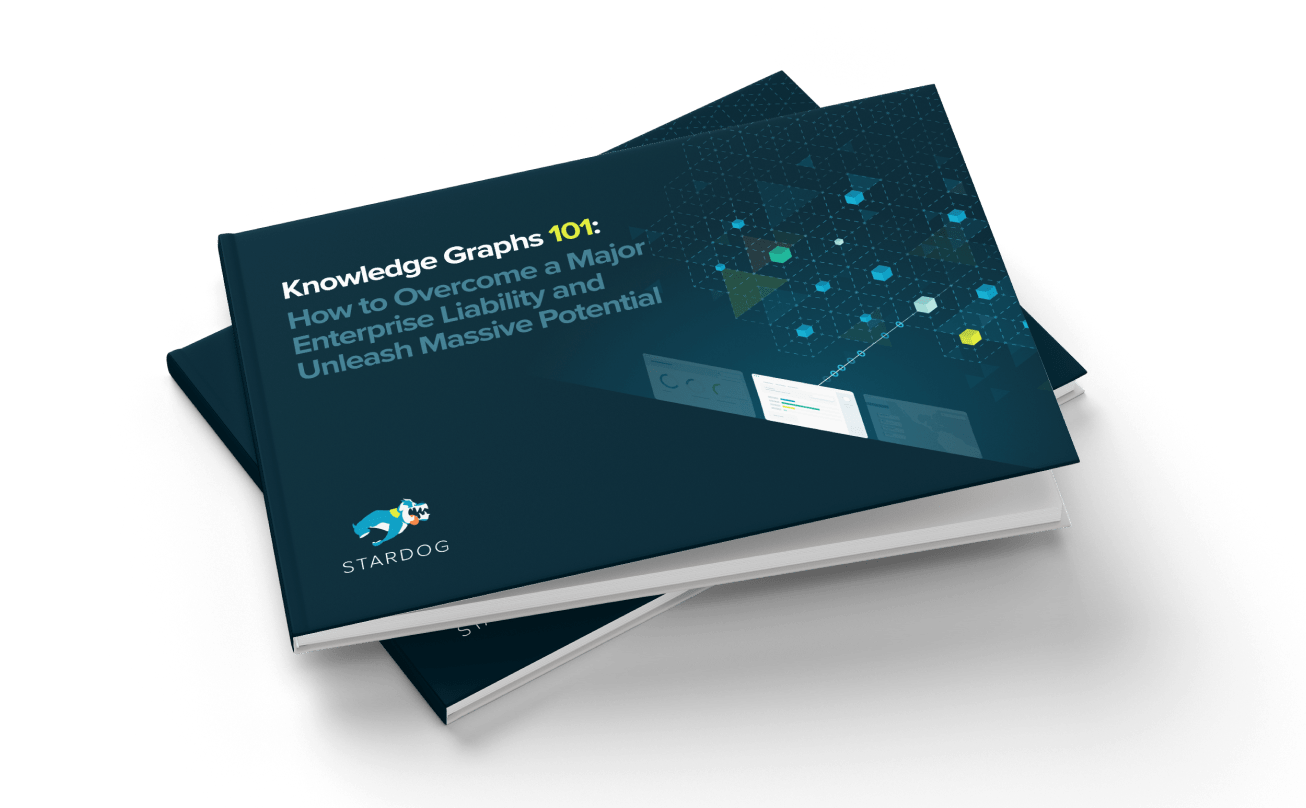Stardog Empowers the Fight Against Infectious Disease

Get the latest in your inbox

Get the latest in your inbox
Between increasingly deadly flu seasons, measles outbreaks across the United States, global epidemics of Zika and Ebola, and the ever-present threat of malaria and dengue, infectious diseases have devastated communities and become headline mainstays.
In their wake, disease outbreaks also generate vast amounts of data. Geographic records, infection and mortality rates, weather measurements, and biometric markers all emerge as fundamentally intertwined yet completely disparate data. These data points are essential for researchers to learn from the desolation and prevent similar epidemics in the future.
The Models of Infectious Disease Agent Study (MIDAS) was created and funded by the National Institutes of Health to take this far reaching data and create computational and statistical models that help epidemiologists understand how diseases emerge, spread, are treated, and ultimately eradicated. As a coalition of researchers from across the country, these scientists broaden the scope of their research to questions that would be unfathomable for an individual (or even a single organization) to answer.
Though MIDAS had access to the data generated during outbreaks and models created in labs, the lack of data unification inhibited their massive research directives. Data silos, disparately hosted disease models, homegrown applications, and insights buried within research papers all prevented researchers from achieving a holistic view of the diseases they were aiming to combat and prevent. To fully understand the infectious diseases, create accurate models, and advise governments and international organizations they need a complete data set that they could effectively query and digest.
From this requirement of a unified global data set emerged MIDAS’s Digital Commons. Powered by Stardog, MIDAS and its academic partners created an application that serves as a digital catalog for relevant infectious disease modeling and epidemiology. The Digital Commons enables researchers to search across a wide range of attributes, including pathogen type, host data, and disease forecasters. Users can now query over 700 mapped data sets, 62 indexed software applications, and over 200 data-related websites in 28 different formats. The application adheres to FAIR principles, a collection of guidelines to improve the findability, accessibility, interoperability, and reusability of biomedical digital assets.
With the creation of MIDAS Digital Commons, medical researchers now have a unified view of all relevant information to infectious diseases. The application currently hosts models on how a disease spreads, information relevant to symptoms and treatment, and a history of how health professionals responded to the outbreak all in one location. Quick access to applicable resources enables U.S. medical researchers and policy advocates to more efficiently and effectively analyze previous disease patterns, like that of the Zika virus, to better assist health professionals in responding to and adequately addressing public health crises.
Are you looking to connect disparate data to bolster your organization’s effectiveness? Get started with our free 30-day trial here or contact us for more information about our knowledge graph platform.
How to Overcome a Major Enterprise Liability and Unleash Massive Potential
Download for free